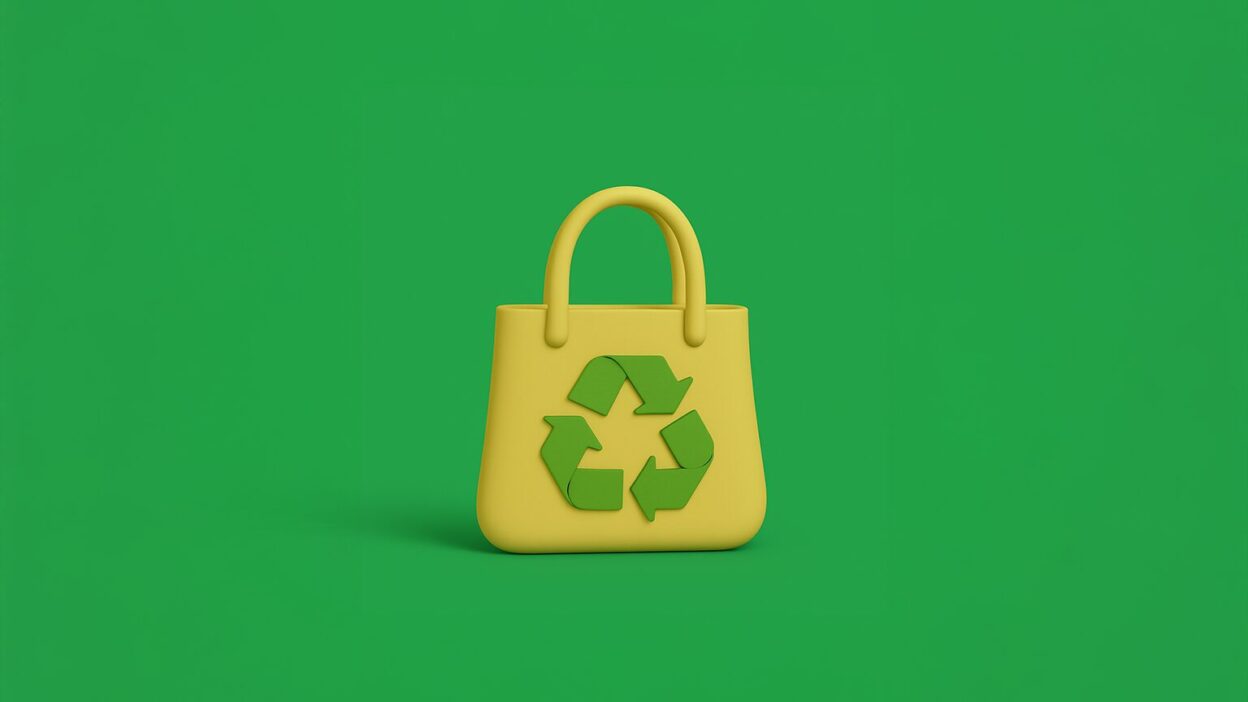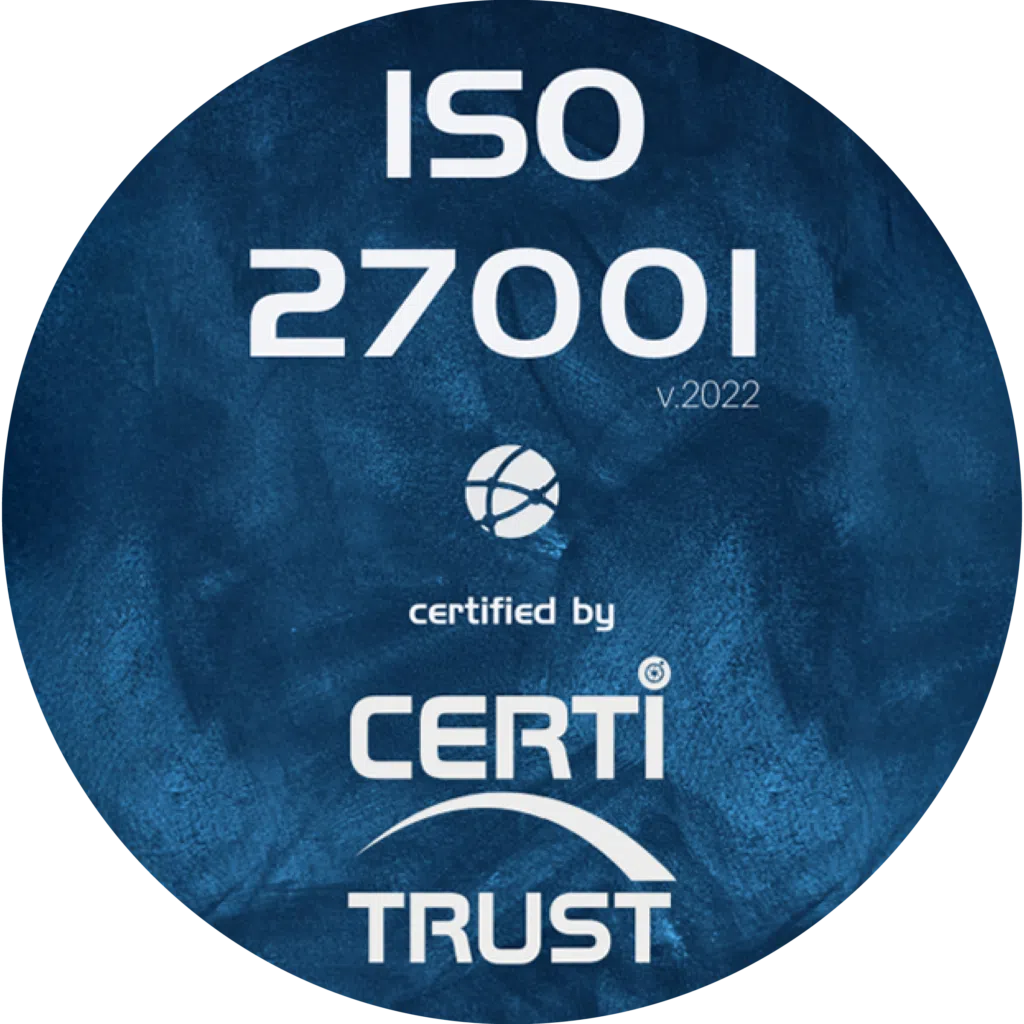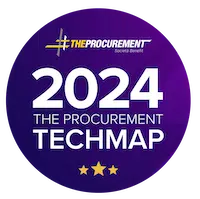In 2023, environmental concerns are becoming increasingly important. At every level, actions can be taken to promote sustainable development and reduce environmental and societal impacts. For companies, the focus is on the purchasing process. Indeed, more and more organizations, which contribute to the CSR approach, are thinking about improving their purchasing management. To do this, they are establishing so-called sustainable strategies.
In this article, you’ll discover the reasons for taking an interest in sustainable purchasing, which is set to become a major issue in the years to come.
What is sustainable purchasing?
Before finding out why, it’s important to define what sustainable purchasing is. Sustainable purchasing or responsible purchasing means following criteria in terms of sustainable development, ethics and quality. The CSR approach is taken into account with the aim of proposing purchases that are more respectful of the environment. Today, this approach is mainly used by public-sector buyers.
This type of purchasing therefore echoes corporate social responsibility. Companies wishing to make sustainable purchases are defending these values. Defined by the European Commission as an approach initiated by companies, corporate social responsibility implies environmental and social concerns within their activity, but also in the relationships they maintain with suppliers. Since the PACTE Act of May 22, 2019, Article 1833 of the Civil Code has evolved to ensure that the corporate purpose of companies takes social and environmental issues into account.
Sustainable purchasing represents a powerful lever enabling companies to promote environmental protection and reduce costs. According to the World Economic Forum, this represents an estimated cost reduction of between 9% and 16%.
Implement a more responsible strategy
Implementing a sustainable purchasing policy within a company helps to raise awareness among all those involved in the purchasing process, and to reduce the company’s carbon footprint. The latter aims to limit the negative impact of activities on society and the environment. Companies aware of sustainable practices will therefore tend to choose suppliers who have a CSR approach and share the same values.
A company’s sustainable purchasing policy must also include its supply chain. This means that all partners involved in the production process, such as purchasing networks, must be considered as stakeholders. This applies to the supplier, the transport network and the distribution channel, among others. They must all be committed to responsible purchasing.
To establish a more responsible strategy, the first step is to take stock of current purchasing. What is the company’s current situation? What is its carbon impact? Then it’s important to define priorities and set objectives. To meet these objectives, actions and resources are put in place, in line with what has been defined. And don’t forget to set indicators to monitor the purchasing process and see whether objectives have been achieved.
The benefits of a responsible purchasing strategy
This 4-step responsible purchasing strategy can be a major lever for boosting your company’s sales. Thanks to responsible purchasing policies, the company can make cost savings and reduce supplier risks. The purchasing function is thus reshaped, while product quality is enhanced. To reduce their environmental impact, some companies even favor short supply chains.
The benefits of a responsible purchasing policy are numerous. From cost control to improved purchasing, a sustainable development strategy promotes economic growth. Indeed, sustainable purchasing has a positive impact on an organization’s operational performance. In some cases, they even act as a competitive advantage, in the sense that they promote sustainable development, itself encouraged by the authorities. What’s more, corporate social responsibility policies improve long-term viability.
Implementing a responsible purchasing strategy also involves the question of brand image. Promoting values related to sustainable development and environmental protection helps to improve brand reputation and image. Indeed, promoting sustainable purchasing within a company contributes to its sound risk management. A more meticulous approach is taken when choosing suppliers. The objectives are, on the one hand, to identify suppliers who may prove problematic and, on the other, to improve relations with stakeholders through shared values.
Eco-responsible purchasing offers companies the opportunity to reduce costs and ensure compliance with new legislation. Take an interest in supplier relations to improve your current agreements and increase the benefits for both stakeholders.
Anticipating legislation
Today, the companies most concerned are in the public procurement sector, but those in the private sector are also beginning to take environmental criteria into account. Purchasing managers are aware of the need to act. To provide a framework for these new practices, the French General Commission for Sustainable Development (Commissariat Général au Développement Durable) has brought together a number of stakeholders to draw up a new National Plan for Sustainable Purchasing for the next three years (2022 – 2025). According to a government source, the objectives are to have 100% of public procurement contracts include environmental considerations, and 30% of public procurement contracts include social considerations, by 2025.
Standards such as ISO 26000, which concerns the social responsibility of organizations, greatly encourage responsible purchasing. The free information service Bercy infos explains that the ISO 26000 standard comprises seven central topics that determine the limits of this responsibility:
- corporate governance
- human rights
- labor relations and working conditions
- the environment
- fair practices
- consumer issues
- communities and local development
In June 2022, the Council of the European Union voted in favor of more sustainable European public procurement.
Numerous signals point to the need for action. With the establishment of new measures, it seems important to take an interest in sustainable purchasing, on the one hand to promote awareness of sustainable development in purchasing, and on the other, to reduce the environmental impact of a company’s activities. To participate in sustainable development, companies need to integrate two main types of considerations: social considerations and environmental considerations.
Want to learn more about our Weproc procurement management software?
Contact us or request your 15-minute demo below!










